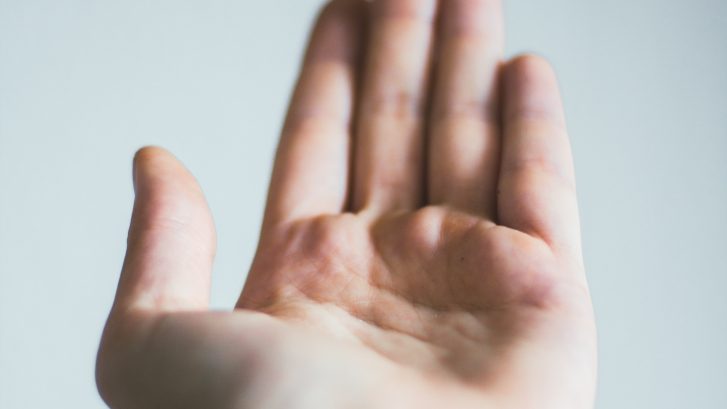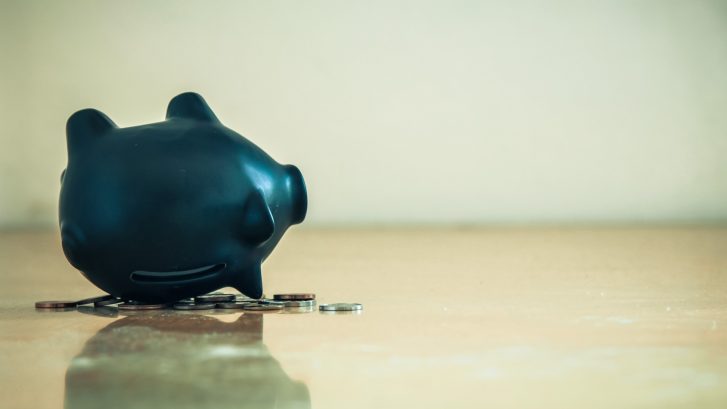Private Health Insurance: What Is It & Do I Need It?
As premiums of private health insurance rise faster than wages or inflation, most Australians—young ones in particular—are discarding private health insurance, not considering it a top priority. In 2018, the number of young adults taking out health insurance dropped by nearly 7%. Should they reconsider? Is private health insurance worth the investment?
What Is Private Health Insurance?
Private health insurance is generally designed to benefit policyholders for health problems that need to be treated in the non-public system, or for medical costs not covered by Medicare.
Through the public system, there are some covered (or partially covered) healthcare costs by Medicare. Although, there are some which aren’t covered at all, and you’ll have to pay for those straight out of pocket.
Generally, hospital cover and general treatment (extras) are the 2 main features of private health insurance, with ambulance cover being a third feature in some states and territories.
How does private health insurance work?
Hospital, extras, and ambulance cover
These are the main types of private health insurance, including ambulance cover (which depends on where you live):
- Hospital cover
- Extras cover
- Ambulance cover
This type of policy pays benefits towards the costs of treatment in private or public hospitals. That is, this cover pays for some of your healthcare expenses. Hospital cover pays benefits towards hospital accommodation, theatre and surgery fees, patient meals, prostheses, medical supplies, and nursing care for treatments and services provided in a hospital, though only for treatments included in the insurance policy.
Waiting periods
Taking out hospital or extras cover for the first time, or upgrading your policy, will most likely put you in a waiting period before you can claim your new benefits.
Out of pocket costs
There are instances where doctors and specialists charge more than what the Medicare Benefits Schedule (MBS) fee is. You will receive some cover from Medicare, but you may still have to pay some of the cost.
There might be ‘gap cover’ arrangements depending on your health fund. This will cover a portion or all of the difference between the doctor’s fee for services and the Medicare and health insurance benefit.
Advantages of private health insurance
Do you really need private health insurance in a country where there’s already access to free healthcare? This will depend on your personal situation and what treatments you may want or need, as medicare does not cover every treatment.
Advantages of private health insurance include:
- Shorter wait times — This is helpful if you’re receiving elective surgery (hip or knee replacement). Those with health insurance can lock in the date of the surgery.
- Private hospital rooms — Especially great when giving birth, as the parents may want a private room.
- Claim money back on non-Medicare health services — With extras cover in your health insurance, you can receive a rebate on health services that aren’t covered by Medicare.
- Dental covered by private health insurance — A clean or check-up isn’t covered by Medicare. Access to these services is usually limited and eligibility varies.
- Select your doctor or surgeon — In the public system, the surgeon or doctor who’ll perform the operation is the one on duty at the time.
- Avoid the Medicare Levy Surcharge — As part of most Australians’ tax, they pay the Medicare Levy of 2% of their taxable income.
- If you’re single or have a family, on an income of over $90,000 or $180,000, you may be subject to a surcharge of at least 1% of your income on top of the basic Medicare levy.
- There’s an exemption from paying the Medicare Levy Surcharge — those health insurance members with a sufficient level of hospital cover.
- Save long-term with Lifetime Health Cover — Lifetime Health Cover (LHC) was designed to encourage the young ones to avail a private health insurance policy to ease dependency on the public health system. Under LHC, a loading charge (2%) is added to the private health insurance premium for every year the policyholder is aged over 30 and doesn’t have hospital cover.
Drawbacks of private health insurance
Some drawbacks of private health insurance include:
- The cost — With costs generally rising annually, you could be forking out thousands of dollars in premiums, depending on the policy.
- Complex products — To simplify the products on offer, the government introduced the Health Insurance reforms, though many policyholders still find navigating their private health insurance complicated
- Excluded treatments — Some types of treatment or procedure may not be included, depending on the policy.
- Out of pocket costs — Usually, private health insurance policies only cover some of the cost of a procedure or treatment, so you may still have to pay the rest of it. Of course, less than you would have paid if you didn’t already have insurance.
How much does private health insurance cost?

The cost will vary from provider to provider, and even then the cost will vary depending on the cover you want to receive.
When should I consider private health insurance?
When you need private health insurance is up to you. Many people take out private health insurance when they know they’ll be looking to have a baby in a couple years’ time. Other people do it when they have a family and they want to cover their little ones. Some people choose to pay for private health insurance if it is cheaper for them to have insurance than to pay the out-of-pocket costs for regular check-ups at the dentist, optometrist, physiotherapist, and other specialists that could be covered by insurance.
There are some factors to consider when it comes to timing. For example, if you’re 31 years old and you don’t have private health insurance, you may have to pay the Lifetime Health Cover (LHC) when you do take out a private policy.
The LHC involves a 2% loading fee on top of existing premiums for private health insurance, and you can be charged an additional 2% each year from when you are 31 onwards, though it is capped at a maximum of 70%. The LHC is an extra cost for those looking to get health insurance later on in life, and the loading fee stays in effect for the first 10 years after you start private health insurance. For example, someone who waits until they are 35 years old could be facing an additional 8% fee on top of their policy cost until they are 45.
So, is it worth it or not? It depends. While others may not need it for a while, some can definitely benefit from taking out cover. It’s always worth taking a look at your situation and making the best decision for you. To make sure it is still suitable for your personal situation, don’t forget to review your policy every year if you do decide to take out private health insurance.
If you need medical expenses you can’t afford and you don’t have health insurance yet, you can consider taking out a personal loan, which can be put towards medical expenses such as dental surgery.



